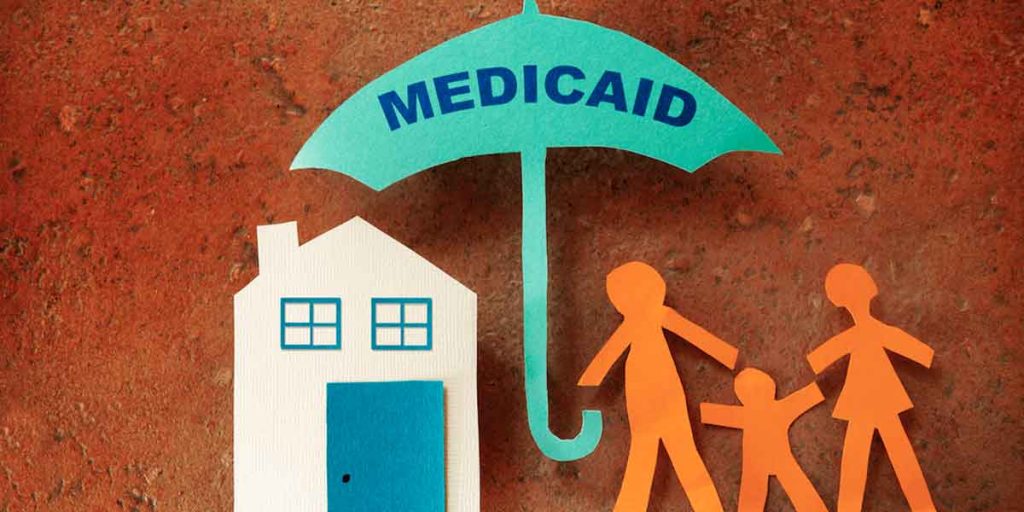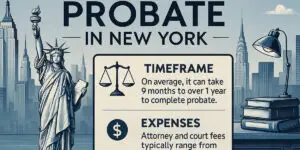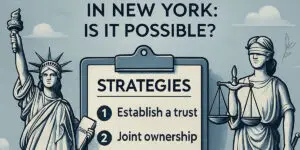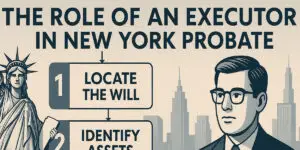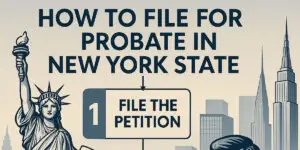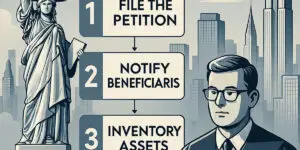Medicaid is a health care program designed for low-income families and seniors who cannot afford private health care. Like other government-funded programs in the U.S. Medicaid is not for everyone. To qualify for this program, your income and assets needs to be below a certain threshold. However, you could still qualify if your assets is above the threshold, but you will have to set up a Medicaid Asset Protection Trust and transfer your assets into the trust.
If you would like to follow this route in order to be eligible for Medicaid, it is important that wait until after five years (look-back period) before you apply for Medicaid as applying sooner can attract sanctions. This sanction varies for each state and city. In this article, we will look at the look-back penalty period in Queens. But before we do that, let’s take a brief look at what Medicaid is.
What is Medicaid?
Medicaid is a health care program that offers health care coverage to several Americans, including low-income adults, children, pregnant women, elderly adults, and individuals with disabilities. This program is administered by states, based on federal requirements. Medicaid is funded jointly by state and the federal government.
Only eligible individuals will enjoy the benefits of this program. To be eligible your income and assets must be below a certain threshold. If your assets is above the threshold, then you may have to consider setting up a Medicaid asset protection trust to cut down your countable assets.
Who is Medicaid for?
The Medicaid program is designed for specific groups of people. These people include:
- Pregnant women with inadequate income
- Children of low-income families
- Children in foster care
- Individuals plagued with all sorts of disabilities
- Seniors with low income
- Parents or caregivers with inadequate income
States may decide to expand eligibility to other groups of individuals, such as individuals with low income who may or may not have children.
What is a Look-Back Period?
Medicaid only scrutinize applicants past financial details within a certain timeframe. Each state’s Medicaid program adopts slightly different eligibility requirements. However, most states review all the financial transactions of an individual dating back five years (60 months) from the date of their qualifying application for long-term care Medicaid benefits. This is widely regarded as the Medicaid look-back period.
It doesn’t matter how many gifts a Medicaid applicants made during the Five-year period or to whom they were given. If money or assets are transferred to any individual or organization for less the FMV during the five years before a senior’s application date, then they will attract a sanction period of Medicaid eligibility.
What is the look back penalty period in Queens?
The rule of thumb is that If a senior who applies for Medicaid is considered otherwise eligible but is discovered to have gifted assets within the five-year look-back period, then the individual will be disqualified from receiving benefits for a specific number of months. This is commonly known as the Medicaid penalty period.
For instance, if you write a check to your adult daughter for $15,000 and apply for Medicaid long-term care within five years of the date written on the check, then Medicaid will delay paying for your nursing home care expenses since you could have used that money to settle it yourself. Worthy to note is that the clock for the penalty period starts on the date a senior applies for Medicaid benefits, not the date on which they gifted the money.
With that said, what is the look back penalty period in Queens?
The look back penalty period in Queens can be calculated by dividing the amount gifted by the regional rate. For instance if you made a transfer of $200,000 to your adult son, the penalty period will be $200,000 divided by $13, 037 (the regional rate of Queens). So your penalty will be 15.3 months.
Need a Medicaid Attorney?
Do you need a Medicaid attorney? Don’t hesitate to call our office. Our Medicaid attorneys have what it takes to assist you regarding any Medicaid issue you are facing.



